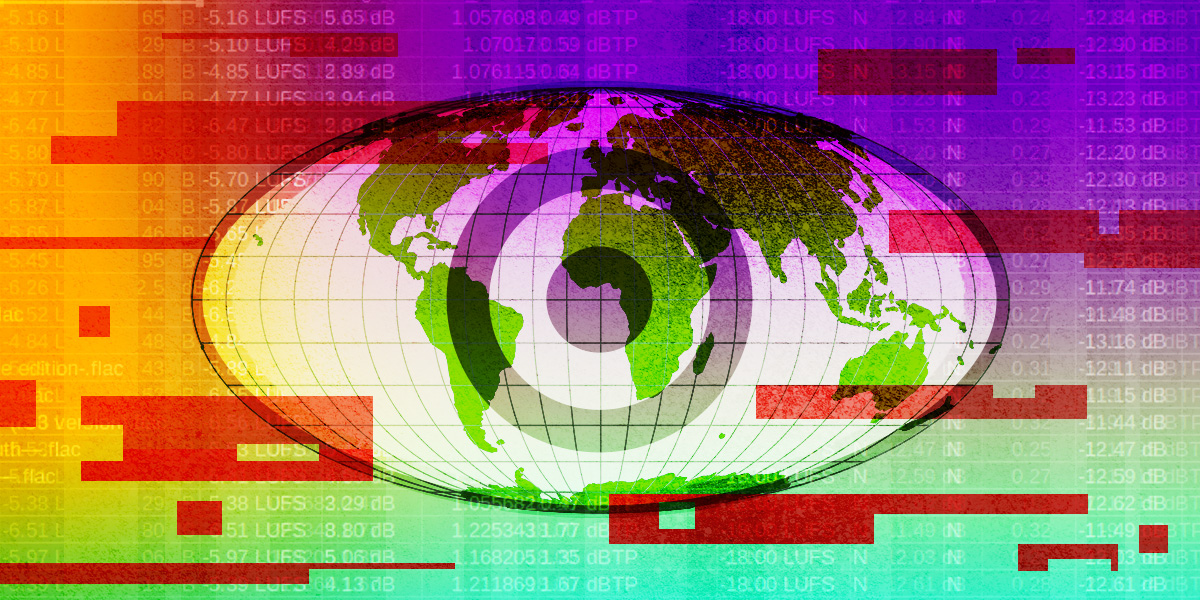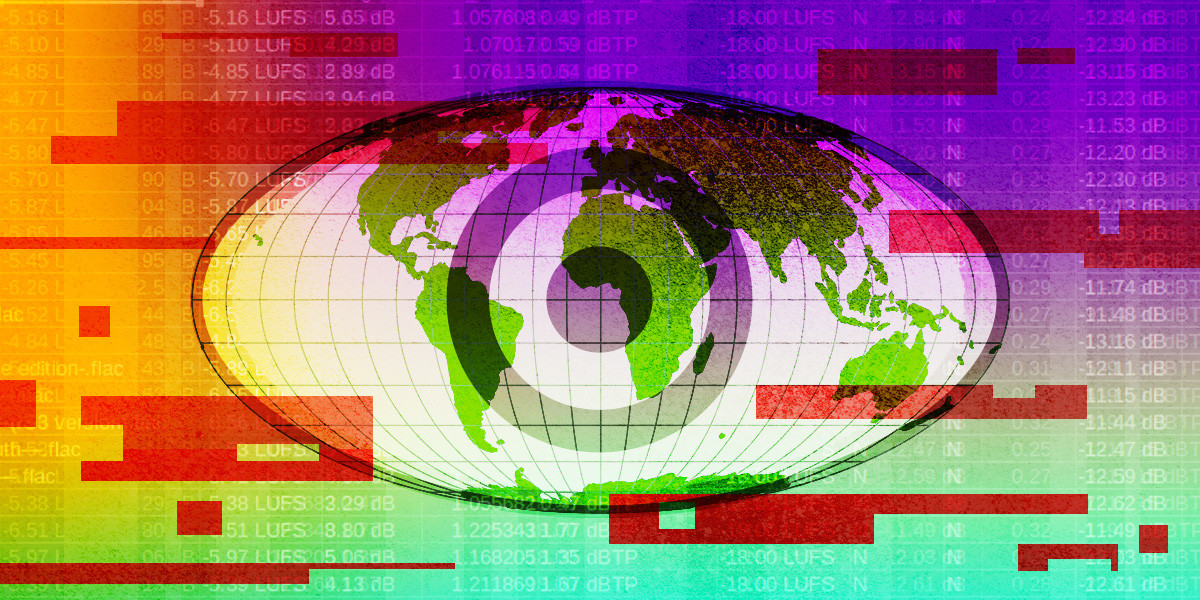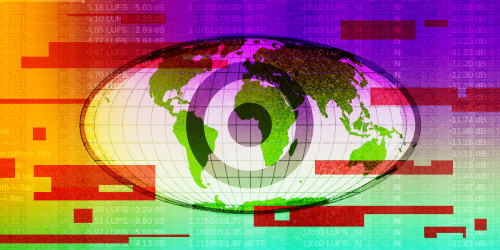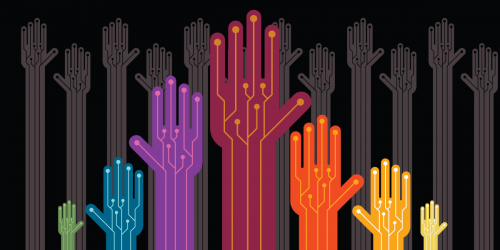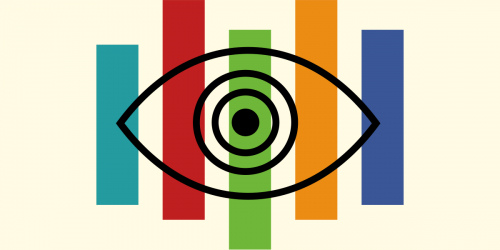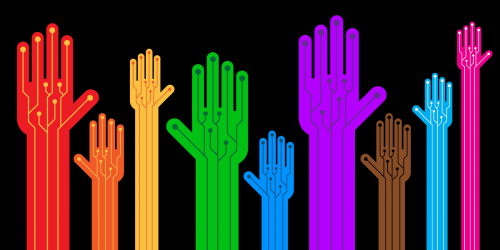International UN treaties aren’t usually on users’ radar. They are debated, often over the course of many years, by diplomats and government functionaries in Vienna or New York, and their significance is often overlooked or lost in the flood of information and news we process every day, even when they expand police powers and threaten the fundamental rights of people all over the world.
Such is the case with the proposed UN Cybercrime Treaty. For more than two years, EFF and its international civil society partners have been deeply involved in spreading the word about, and fighting to fix, seriously dangerous flaws in the draft convention. In the coming days we will publish a series of short posts that cut through the draft’s dense, highly technical text explaining the real-world effects of the convention.
The proposed treaty, pushed by Russia and shepherded by the UN Office on Drugs and Crime, is a proposed agreement between nations purportedly aimed at strengthening cross border investigations and prosecutions of cybercriminals who spread malware, steal data for ransom, and cause data breaches, among other offenses.
The problem is, as currently written, the treaty gives governments massive surveillance and data collection powers to go after not just cybercrime, but any offense they define as a serious that involves the use of a computer or communications system. In some countries, that includes criticizing the government in a social media post, expressing support online for LGBTQ+ rights, or publishing news about protests or massacres.
Tech companies and their overseas staff, under certain treaty provisions, would be compelled to help governments in their pursuit of people’s data, locations, and communications, subject to domestic jurisdictions, many of which establish draconian fines.
We have called the draft convention a blank check for surveillance abuse that can be used as a tool for human rights violations and transnational repression. It’s an international treaty that everyone should know and care about because it threatens the rights and freedoms of people across the globe. Keep an eye out for our posts explaining how.
For our key concerns, read our three-pager:


